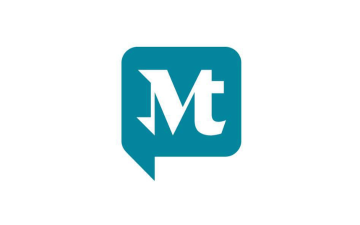The following is a fictional case based on real ethical dilemmas facing public officials.
Ramona Lopez never saw herself as a “titan of industry.” She was a sociology major in college, and designed and made jewelry to earn extra money. Her original designs and modest prices made her quite a name on campus, and the university bookstore began to carry her jewelry.
Upon graduation, with no job prospects in her field, she decided to get serious about her hobby and worked with a friend to produce enough jewelry to sell at boutiques. A buyer from a regional department store saw her work and offered to take the designs nationwide, and Ramona found herself in the jewelry business. She learned quickly that the location of the retail stores was critical to her sales, so after much research she took out a loan and bought a small strip mall in a new suburb. It was immediately occupied, and the income from both her jewelry business and the real estate investment put her in a position to acquire several other parcels of land. She continued her successful formula of moving into new neighborhoods, and in just five years she had become one of the wealthiest residents of Camino County.
As more of her operations were turned over to professional managers, Ramona decided to dedicate her time and money to several causes close to her heart – the shelter for battered women and the community fund. Her good works and generous donations earned her the “Citizen of the Year” award, and the shelter named its daycare center The Lopez Center to recognize the donation that funded the building.
Local and state legislators were on a first-name basis with her, and she enjoyed the opportunity to call on them when she had a question or needed help with a project. When the neighbors complained about a proposed expansion of one of her shopping centers, Ramona went to see the mayor of the city to find out how to expedite the planning commission hearing and get council approval.
Mayor Janice Noonan was a bit “star struck” by this savvy businesswoman, and was eager to please her. Ramona mentioned her admiration for the mayor and offered to donate to her upcoming re-election campaign and publicly endorse her. In addition to her personal check of $10,000, she gathered $1,000 checks from 25 of her top employees, who were later reimbursed, in violation of state law.
When the “pay to play” was discovered, Ramona was fined and given two years of probation. During this time she continued her philanthropic activities, doubling her donation to the shelter project and giving significant money to five other non-profits.
Laura Raices, a board member of the shelter expressed concern about accepting the additional money. “I applaud Ramona Lopez and her past generosity. But I feel uncomfortable accepting any future donations. It looks like she is trying to buy forgiveness and use her money to restore her damaged reputation.” But her fellow boardmember Jason Warren argued that there was nothing wrong with accepting Lopez's money.
Questions for discussion:
- Should the shelter accept further donations from Lopez?
- Why or why not?
Post your comments and any examples you know of that are similar to this scenario.



